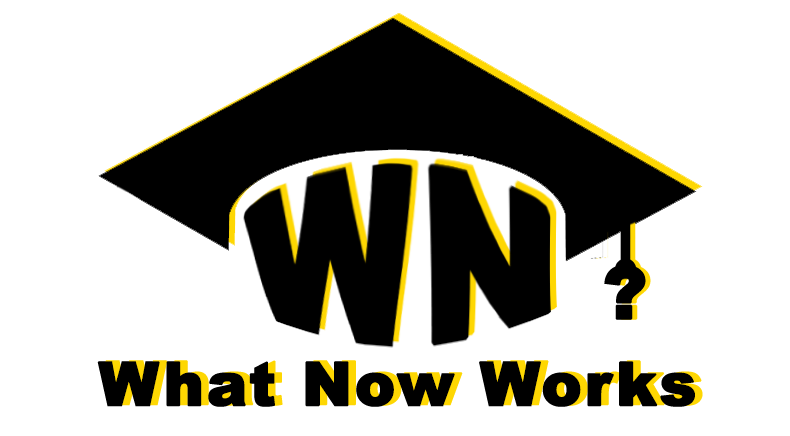I looked up the formal definition of a job interview and it said "a conversation between a job applicant and a representative from a company to assess if the applicant should be hired". At times it may not feel like it's a conversation because you as the applicant are trying to prove that you are capable of completing the job while trying to hold back all anxious feelings this process brings up or you can have a bad interviewer.
Before we get into how to make this a two-way conversation, let’s take a step back and understand why businesses interview in the first place. The purpose of any company to hire is to maximize profitability. If anyone tells you anything different do not believe it. Compton-born DJ Quik said something that will always be relevant, "if it don’t make dollars, it don’t make sense". In the interview, it comes down to how you can support and help the business achieve its goals within your area of responsibility.
Now while the business is looking to see how you can help them reach your goals, you must remember that recruitment works both ways and you have the power!
You are the one who has the choice to say yes or no to the offer. So why not flip the tables onto the interviewer and figure out the business fits you. When looking at the job description, you'll get a sense of what questions to prepare for to show how you can anticipate, identify and solve business problems.
Unless stated by the interviewer that your questions should wait till the end, I believe you should be able to converse or ask those questions during the interview if you need some clarity on a question they asked you. I encourage you to use your judgment during the interview on when to ask your questions.
Why should you make sure you ALWAYS ask questions?
This is a great persuasive communication tactic that encourages the interviewer to reveal more information. When you ask thoughtful questions, it comes off as if you're very engaged and seriously thinking about if you're able to perform at your best in this role. You may also find a common interest that will be the competitive edge that can easily get you that role.
Here are 5 great questions to ask that will spark a more insightful conversation with the interviewer
What are the day-to-day responsibilities?
The job description should give you a sense of what these responsibilities are but this question can provide you with more detail for you to take into consideration as you think about whether this is a good fit for you
What are some challenges you've seen people in this role or on this team encounter?
This to me is the interviewee version of when employers ask what is are your weaknesses. You can pinpoint issues within the role that may not be a good fit for you.
How will my performance be measured?
Once again the job description may lay out what deliverables you have to hit, but this question can give you more detail on the specifics. What are those monthly, quarterly, and yearly goals for this role? Also, this may be a good time to see what professional development you can receive in order to meet these goals.
How does this role contribute to your organization’s success?
I think it’s important to know how you specifically fit into the success of the company. People tend to go with companies that align their values and with a question like this, you'll get more insight to see if the company is a match for you.
Can you tell me more about the team I'll be working with?
A very important question to ask no matter the size of the company. You want to know who you’ll be collaborating with and you will contribute to that team’s success and vice versa.
We hope that any job seeker reading this comes to any future interviews more prepared and feeling confident to find out if the company is a good fit for them. For any company reading this, we hope your hiring process provides an excellent candidate experience where a two-way conversation can happen.


